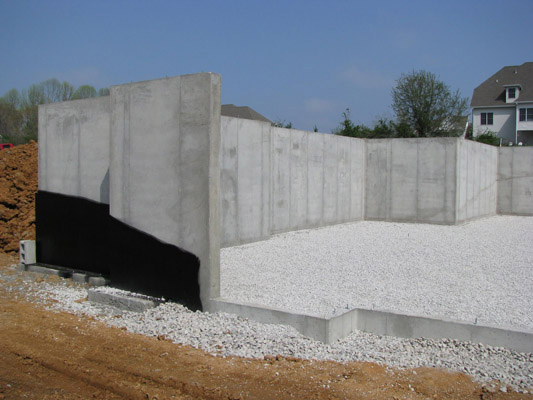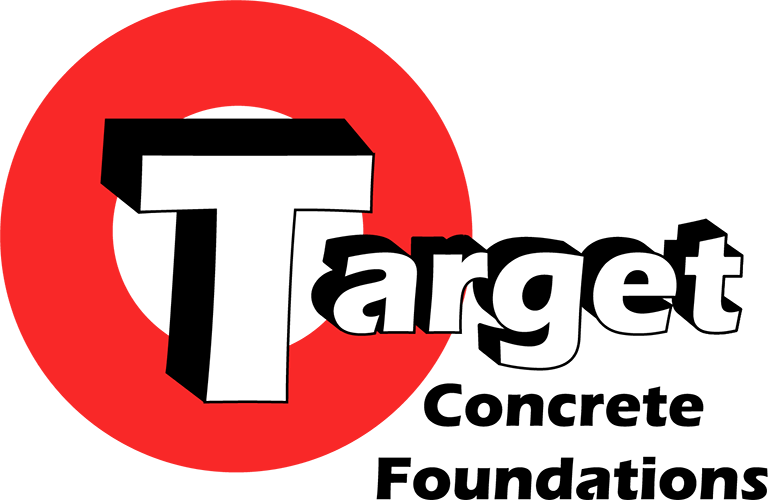Poured vs. Block
Advantages of Poured Concrete Wall Construction
Strength
Solid poured walls have a compressive and flexural strength several times that of block.
Water & Fire Resistance
Solid concrete is less porous and the joint free construction keep water out and has twice the amount of fire resistance than hollow core block.
Resistance to Rot & Decay
Solid concrete walls provide long years of service life.
Time Savings
A typical installation of a poured wall foundation is faster.
Design Flexibility
Poured wall techniques are adaptable to most home designs.

Affordability
Home owners, Builders and public in general are concerned with controlling costs as they plan their next project. Every project, whether it be your dream home or a retaining wall should start with a solid concrete foundation. Modern construction methods that are cost competitive with other foundation methods.
Maintenance
- Poured wall construction is virtually maintenance free.
- An 8′ wall back-filled with clay has 2500 lb/ft force pushing into the wall.
- A 10′ high wall has 4131 lb/ft force pushing into the wall.
Flexural Strength Test Results
- Poured walls (8″ thick) = 765 PSJ
- Concrete Block (8″ thick) = 25 PSJ
Compressive Strength Results
- Poured Walls (8″ thick) = 4900 PSJ
- Concrete Block (8″ thick) = 1210 PSJ
- Given the above data, its easy to see that contractors should choose poured wall systems over block.
- A solid poured wall is 30 times stronger than a block wall at withstanding the lateral pressure of fill dirt.
